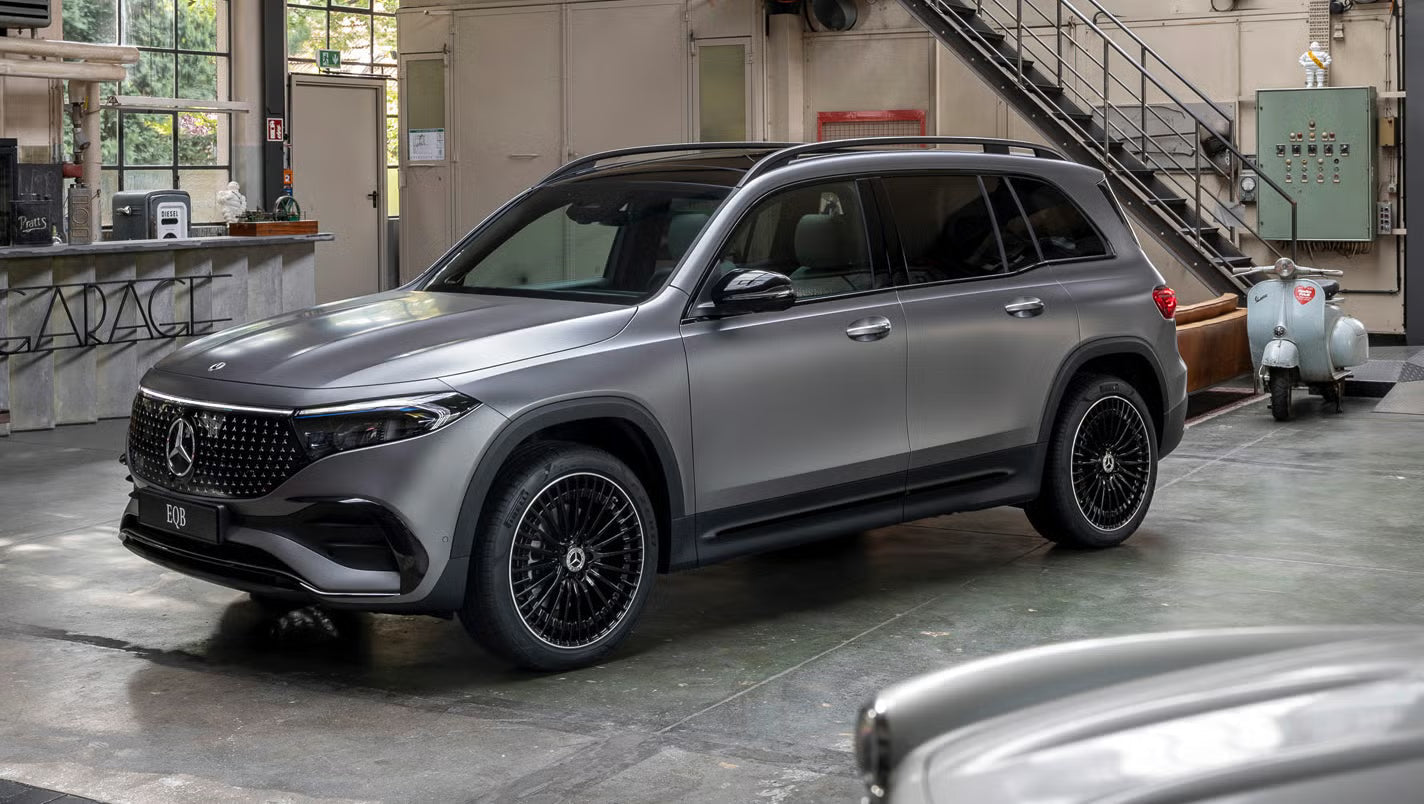A Mercedes EQB may carry a sticker price of $53,000, but right now it’s one of the cheapest cars you can drive off the lot in America. Thanks to a flood of deep discounts and government incentives, leasing an electric vehicle has suddenly become more affordable than ever—sometimes even dropping below $100 a month.
EV Leases Outpacing Gas Cars in Affordability
In July, Mercedes dealers were offering the EQB for just $352 a month, including down payment, making it one of the lowest lease deals in the entire U.S. market. On Edmunds.com’s list of cheapest leases, the EQB ranks third, with five EVs occupying the top 10 slots.
For years, high upfront costs were a barrier to EV adoption. But now, the script has flipped: the average EV lease costs $624 per month versus $670 for a gas car. And at certain dealerships, lease hunters can find deals under $100 per month—territory once unheard of in the auto industry.
“This is something we’ve never seen before,” said Kevin Roberts, industry analytics director at CarGurus. Automakers are eager to lock in EV buyers ahead of the September 30 expiration of federal $7,500 tax credits, and many are using aggressive lease deals to clear out 2024 inventory before next year’s models arrive.

Why Leasing Has Become the Default Path for EVs
Today, nearly three out of four EVs are leased, compared with just 16% of gas-powered vehicles. There are several reasons:
-
Tax credits: Lease structures allow automakers and dealers to apply federal and state incentives more flexibly.
-
Consumer caution: Many drivers remain hesitant about battery life, resale values, or rapid tech obsolescence. Leasing removes those long-term risks.
-
Dealer strategy: Lease contracts move inventory without slashing sticker prices, helping protect brand value.
As Edmunds analyst Ivan Drury put it, “Leasing is the least worrisome way to test new technology.”
Eye-Catching Deals Across Brands
Mercedes isn’t the only automaker cutting prices. Hyundai is offering its Ioniq 5 for $260 a month, Volkswagen’s ID.4 for $264, and Honda’s first EV, the Prologue, at $200 a month for 24 months.
Some local dealers are going even further. In Boulder, Colorado, Emich VW is advertising an ID.4 lease for just $39 a month, thanks to stacked incentives. In California, Stockton Honda is promoting a Prologue at $313 a month over two years.
Such offers explain why EV leasing rates jumped from 51% to 71% in just two years, according to Edmunds. By contrast, gas cars remain stuck at around 16%.

Why Timing Matters
The current leasing boom may not last. Automakers are rushing to push pre-tariff inventory before production costs rise. Once the federal tax credits lapse at the end of September, incentives are expected to shrink, making today’s bargain leases harder to find.
“There’s never been a better time for buyers,” said Nathan Niese, EV lead at Boston Consulting Group. “Come October, the landscape could look very different.”
Still, some states may step in with additional EV subsidies, and manufacturers remain committed to building loyalty through affordable entry points. Once drivers go electric, industry data shows, they rarely go back to gas.
Looking Ahead
Even as discounts may fluctuate, automakers are already preparing the next wave of more affordable EVs. Ford, for example, recently unveiled plans for a sub-$30,000 electric pickup by 2027, which CEO Jim Farley described as a potential “Model T moment” for EV adoption.
The long game, experts say, is not just about short-term bargains but about who can profitably deliver sub-$40,000 EVs that mainstream consumers actually want.
For now, though, shoppers are in the driver’s seat. With federal credits still active and dealers eager to move inventory, there has never been a better moment to lease an EV—even if you’re only paying the price of a dinner out each month to drive one.
Recommend Reading: Best EV Lease Deals and Financing Offers in August 2025








Share:
Tesla increases Model S/X prices by $10k with new Luxe Package
Costco’s EV Charging Pilot Could Transform Shopping Trips for Drivers